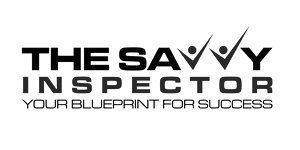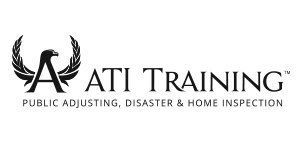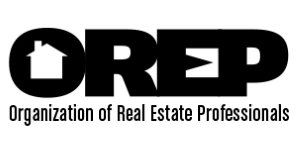1. Do you perform repairs or just home inspections? Some homebuyers seek the advice of a general contractor rather than a home inspector. Avilla-Kintz, a Real Estate Broker from San Diego says that's a mistake, as they provide expertise from a different point of view. "A home inspector is typically checking the roof or the appliances if they're included in the home," she says. "A general contractor is coming in from a repair standpoint and can quote for whatever repairs need to be done." In fact, providing both services could create a conflict of interest, because buyers can't always distinguish between necessary repairs and optional upgrades.
After the home inspection, you may want to hire a specialist or general contractor to find out how much a kitchen renovation or plumbing upgrade might cost. "Get the unbiased opinion first," Avilla-Kintz says. "Then you bring in the contractor to quote for what those repairs are."
2. Are you bonded and insured? Stephen Gladstone, a Connecticut home inspector and author of "The Field Guide to Home Inspections," says a surprising number of home inspectors don't have insurance. "Somebody with employees should really have workers’ [compensation], and they should have errors and omissions insurance in case there is something significant that they miss," he says.
Say the inspector falls through the attic or slips while inspecting your roof. If the company doesn't have the appropriate insurance, it may sue you or the current homeowners or try to put a lien on the property. So make sure the company is insured before the inspector sets foot on the property. "Whenever one party is sued in the transaction, it tends to pinball all over the place where everybody ends up in the lawsuit," Avilla-Kintz says. "You're avoiding personal liability by making sure that they have their own insurance."
3. Can you provide references? It's a good idea to check the inspection company's references, according to Scott Pruitt, vice president of operations for Commercial Building Consultants in Orlando, Florida, which has a home inspection division.
Pruitt suggests asking previous clients about whether the inspector arrived on time and inspected all aspects of the house, including the roof and attic. "Did they provide a comprehensive report that spelled out all areas of the home and the findings?" he adds.
Consider references with a grain of salt, however, because the references given are likely to be the inspector's most enthusiastic supporters, not a complete sampling of customers, as Gladstone points out.
4. Can I tag along on the inspection? Some homeowners leave the inspectors alone to examine the home, while others want to be more hands-on and follow along as the inspector works. If you fall into the latter camp, which several experts recommended, make sure your inspector is willing to walk you through the process. Gladstone says it's important to find an inspector who can communicate clearly and takes the time to explain things. "I offer my clients the opportunity to walk around with me and ask questions," he says. "More and more, an awful lot of my customers don't know much about the house. They want to know about the heating system and how to turn off the electric if there's a problem with the electricity."
5. What does the inspection include? To compare inspectors, you need to know what the inspection includes (or doesn't include). Ideally, the inspection should be as thorough as possible. "We open every window we can open and test every outlet we can test," Gladstone says. "A lot of inspection companies don't test the appliances, but we turn on dishwashers and laundry machines to see if there's damages on the gaskets and stuff." The extent of the inspection may also vary by region. In Florida, for instance, it's common for inspectors to test the irrigation systems.
6. Will you send me a sample inspection report? The inspector should send you a detailed report after completing the inspection. Avilla-Kintz suggests asking to see a sample to make sure the information is presented in a clear and thorough format that's easy to understand. She especially appreciates reports that have a lot of color photographs because those images can clearly demonstrate problem areas and help during negotiations with the seller and his or her agent.
7. Do you have any special expertise? If you're buying a special type of property, such as a historic home or new construction, make sure the inspector understands the special considerations for those types of properties. Gladstone says older homes may have issues that newer homes don’t have, while recently constructed properties may have new materials and different types of framing that require a more critical eye. Homes with swimming pools also have potential issues. Inspecting a condo tends to be simpler than a free-standing home, Gladstone adds, so it's not necessary to look for someone with specific condo expertise.
8. How much do you charge? Notice that price is the last question mentioned. That's because shopping on price alone may lead to cutting corners. "You might be saving a couple of hundred dollars to hire the cheapest inspector," Avilla-Kintz says, "but you could be paying in a big way because the inspector wasn't thorough or the report was hard to understand."







